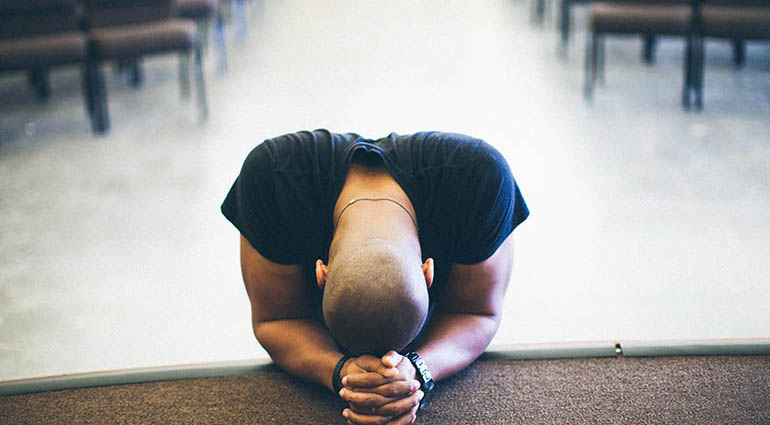Image Management

Read: Isaiah 43:1–9 | Bible in a Year: Judges 1–3; Luke 4:1–30
You are precious and honored in my sight, and . . . I love you. Isaiah 43:4
To celebrate Winston Churchill’s eightieth birthday, the British parliament commissioned artist Graham Sutherland to paint a portrait of the celebrated statesman. “How are you going to paint me?” Churchill reportedly asked the artist: “As a cherub, or the Bulldog?” Churchill liked these two popular perceptions of him. Sutherland, however, said he would paint what he saw.
Churchill was not happy with the results. Sutherland’s portrait had Churchill slumped in a chair wearing his trademark scowl—true to reality, but hardly flattering. After its official unveiling, Churchill hid the painting in his cellar. It was later secretly destroyed.
Like Churchill, most of us have an image of ourselves we want others to have of us also—whether of success, godliness, beauty, or strength. We can go to great lengths to conceal our “ugly” sides. Perhaps deep down we fear we won’t be loved if the real us is known.
When the Israelites were taken captive by Babylon, they were seen at their worst. Because of their sins, God allowed their enemies to conquer them. But He told them not to fear. He knew them by name, and He was with them in every humiliating trial (Isa. 43:1–2). They were secure in His hands (v. 13) and “precious” to Him (v. 4). Despite their ugliness, God loved them.
We will find ourselves less motivated to seek the approval of others when such a truth truly sinks in. God knows the real us and still loves us immeasurably (Eph. 3:18).
God’s deep love means we can be real with others.
INSIGHT:
It’s not easy to accept our own failures. This may be one reason the God of Israel wanted His people to remember Him as the God of Jacob—their deeply flawed national patriarch. The prophet Isaiah called them by the new name the Lord had given their father Jacob. He called them “Israel,” a people He had made and redeemed for Himself, so He could show the whole world what it means to have a God who loves us in spite of our failures.
No comments:
Post a Comment